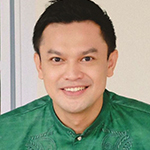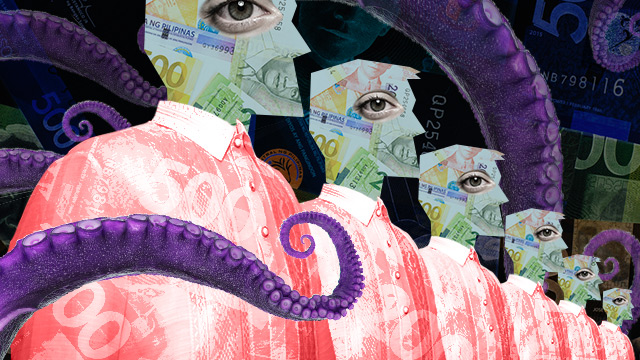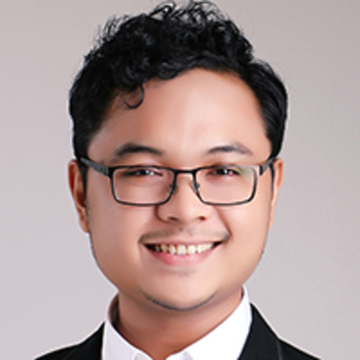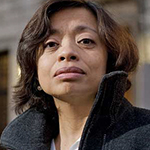
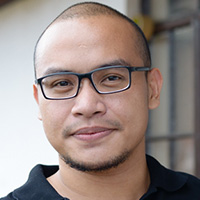
(Conclusion)
Part 1: Vote-buying is not just giving and taking cash
In vote buying, the vote buyer’s chief concern is how to make sure that those who receive the money hold their end of the bargain.
In most cases, that strange brew of uniquely Pinoy social values of “hiya” (shame), “palabra de honor” (word of honor), and “utang na loob” (sense of gratitude accompanied with an urge to payback) would often be enough to “morally” compel vote-sellers to honor their promise.
Many voter-buyers, however, would go to the extent of employing intimidation or threats to make sure they get votes out of their “investment.”
Vote-buying have been working because of a popular assumption that there are ways for vote-buyers to know who the vote-seller voted for. But is there really a way for them to know?
Ballot secrecy is the core value of every democratic process. It is not only essential but integral to the integrity of elections. It is that guarantee that voters’ choices in an election are anonymous (and will remain anonymous) to forestall attempts to influence them by intimidation, coercion, or blackmailing. It also averts potential vote-buying by allowing voters to freely cast their vote according to their conscience, even if circumstances force them to receive money from politicians.
Thus, Section 2, Article V, of the 1987 Constitution specially mandates Congress to “provide a system for securing the secrecy and sanctity of the ballot.”
Under the current system provided by Congress and implemented by the Commission on Elections (Comelec), secrecy is assured by the combination of the following:
- Limited access to the polling places
- Chairs are placed distant from each other
- Use of secrecy folder
- Unnamed ballots
- Prohibition of the taking out of the voter receipt
- Prohibition of photography of ballots
- Random jumbling of ballots after counting
- Unavailability of remedy to open ballot boxes post-election, except by judicial order and only through an election protest
All of these, if observed faithfully, collectively assure the voter that it would be impossible for anyone to know whom he or she has voted for. However, if the electoral board, for example, would allow persons other than watchers and voters to access the precinct, like barangay officials, and if the voter himself would allow them to see his ballots, then secrecy breaks down.
In other words, achieving full secrecy in voting would largely depend on the compliance of the members of the electoral boards with Comelec’s rules, the vigilance of watchers to call out their laxity, and the cooperation of voters.
A lot of people ask me: why is no one jailed or disqualified if almost all politicians have been violating the law? That assume the Comelec has not been doing anything.
My answer is always: it's complicated. The public should understand that the faithful execution of our election laws, including the prosecution of violators, is not the sole job of the Comelec. Just like in the case of other laws, the effective enforcement of our election laws equally depends on our law enforcement agencies and the active participation of our citizenry.
While the Comelec prosecutes election offenses (jointly with regular prosecutors) and handle disqualification cases of candidates, it is not a law enforcement agency. It is not omniscient and it has no manpower to oversee every square inch of the country. There are only two Comelec employees in every city and municipality. If we want to counter vote-buying effectively, both the citizenry and candidates have to be vigilant.
Vigilance means taking photos or videos of candidates distributing money, t-shirts, food packs, or health cards. Recording campaign promises which constitute as vote-buying. Setting up surveillance, like putting up CCTVs, to record movement of vote-buyers and people in the streets, houses, and major thoroughfares. We now have the technology and everyone has a smartphone that recording and gathering of evidence should no longer be as difficult as in the past elections.
This vigilance should likewise be followed by concrete action. Witnesses should not stop at posting them on Facebook or Twitter. They should file formal complaints or gather evidence at the very least, send them to the authorities, and be ready to attest to their authenticity.
Candidates must also be on the lookout for what their opponents are up to. It must be noted that vote-buying, other than being a criminal offense, is also a cause for disqualification under Section 68 of the Omnibus Election Code. It can be filed with the Comelec anytime after the start of the campaign period. If found guilty, the winning candidate will be barred from assuming office, and his office will be declared vacant.
If the general public and the candidates are vigilant and reporting is efficient, we can perhaps achieve a self-policing environment. This, however, would also mean that the Comelec has to step up and match the public’s enthusiasm — resolve cases quickly and be aggressive in disqualifying erring candidates. Otherwise, the public’s vigilance would mean nothing and we would be back in the sorry and apathetic state that we are in now.
We can simply go back to the very intention of the law in prohibiting vote-buying. The reality of this scheme is that the money that will be used in vote-buying will be recouped by the winning candidate by stealing tenfold or more from the government’s coffer or by imposing “mandatory” cuts (aka, “pa-10%” or “happy money”) from government contracts.
In the end, when thieves and plunderers abound, government service suffers or totally go undelivered. Contractors who are unqualified and incompetent, yet are willing to pay the “mandatory commission,” get the contracts, and so we end up with bad roads, defective government buildings, or, worse, structures that only exist on papers and phony audit reports.
The law urges us instead to choose candidates based on our impression of their competence, qualifications, and integrity, not out of bribery or inducement of money, which is often resorted to by candidates to compensate for having none of those good qualities.
If we allow ourselves to be swayed by money and we end up with a terrible government run by idiots or by plunderers or, worse, the combination of both, then we have no right to complain. In the words of 19th-century French philosopher Joseph de Maistre, “Every nation gets the government it deserves.”– Rappler.com
Emil Marañon III is an election lawyer specializing in automated election litigation and consulting. He is one of the election lawyers consulted by the camp of Vice President Leni Robredo, whose victory is being contested by former senator Ferdinand Marcos Jr. Marañon served in Comelec as chief of staff of retired Comelec Chairman Sixto Brillantes Jr. He is a partner at Trojillo Ansaldo and Marañon (TAM) Law Offices.

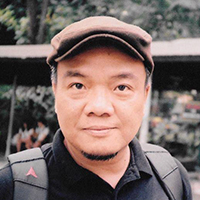 Naramdaman ko rin iyon kahapon. Nasa opisina ako sa matandang unibersidad sa Maynila. Wala talaga kaming pasok, pero kailangang tapusin ang accreditation papers and some academic institutional longing (oo, sorry na, #IdealEmployee). Masayang kausap ang chairpersons ng iba pang academic departments ng kolehiyo. Patapos na ang trabaho. Naghahanda nang lumabas. Yumanig ang paligid. Palakas nang palakas. May sumigaw. May iba pang nagsigawan. Hindi ko alam kung kasama ako sa sumigaw. Nag-falsetto. Yata. Basta.
Naramdaman ko rin iyon kahapon. Nasa opisina ako sa matandang unibersidad sa Maynila. Wala talaga kaming pasok, pero kailangang tapusin ang accreditation papers and some academic institutional longing (oo, sorry na, #IdealEmployee). Masayang kausap ang chairpersons ng iba pang academic departments ng kolehiyo. Patapos na ang trabaho. Naghahanda nang lumabas. Yumanig ang paligid. Palakas nang palakas. May sumigaw. May iba pang nagsigawan. Hindi ko alam kung kasama ako sa sumigaw. Nag-falsetto. Yata. Basta.
 Ms.
Ms. 



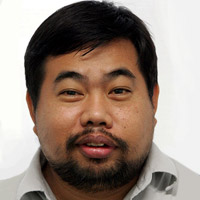

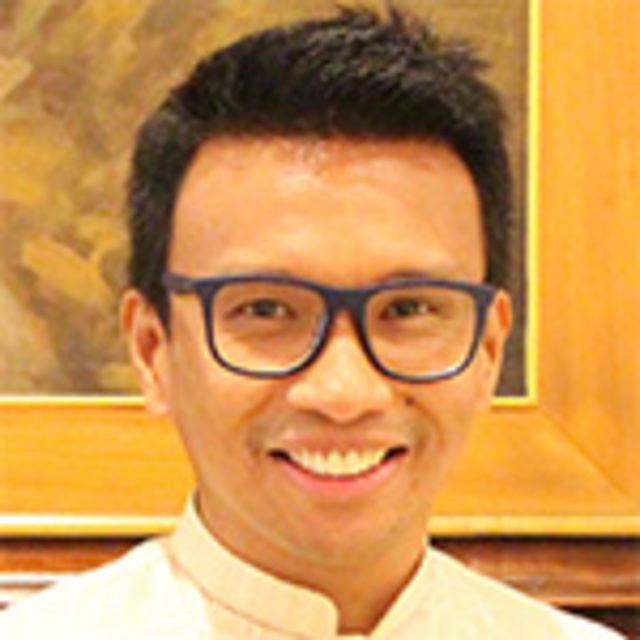

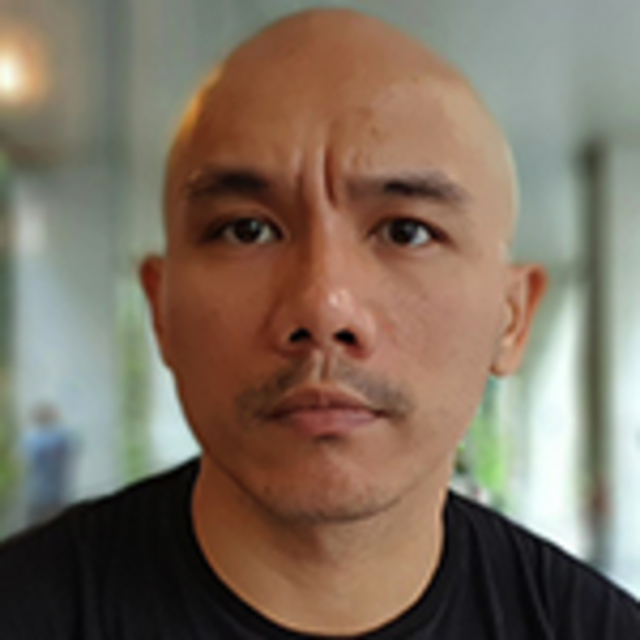

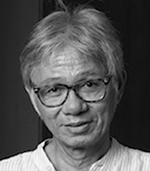

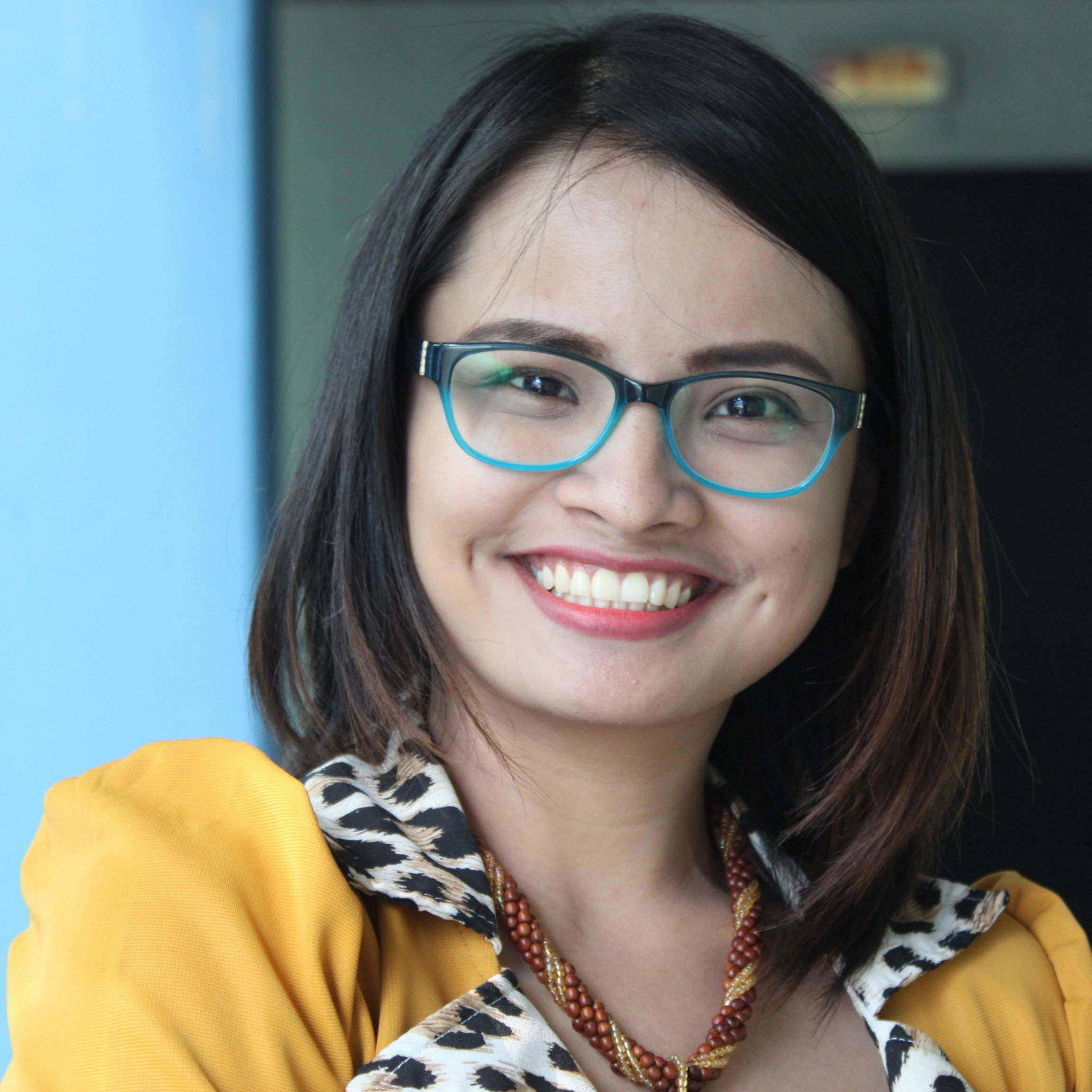


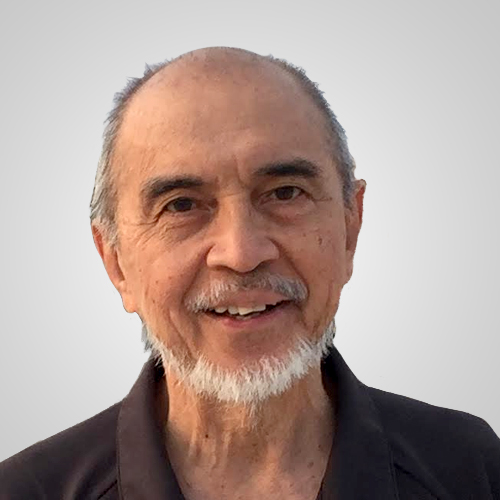

 Archbishop Socrates Villegas issued the following pastoral message to the Archdiocese of Lingayen-Dagupan on Divine Mercy Sunday, April 28, as the Philippines prepares for the May 13 midterm elections. Rappler is publishing his message in full, with the archbishop's permission.
Archbishop Socrates Villegas issued the following pastoral message to the Archdiocese of Lingayen-Dagupan on Divine Mercy Sunday, April 28, as the Philippines prepares for the May 13 midterm elections. Rappler is publishing his message in full, with the archbishop's permission. 





